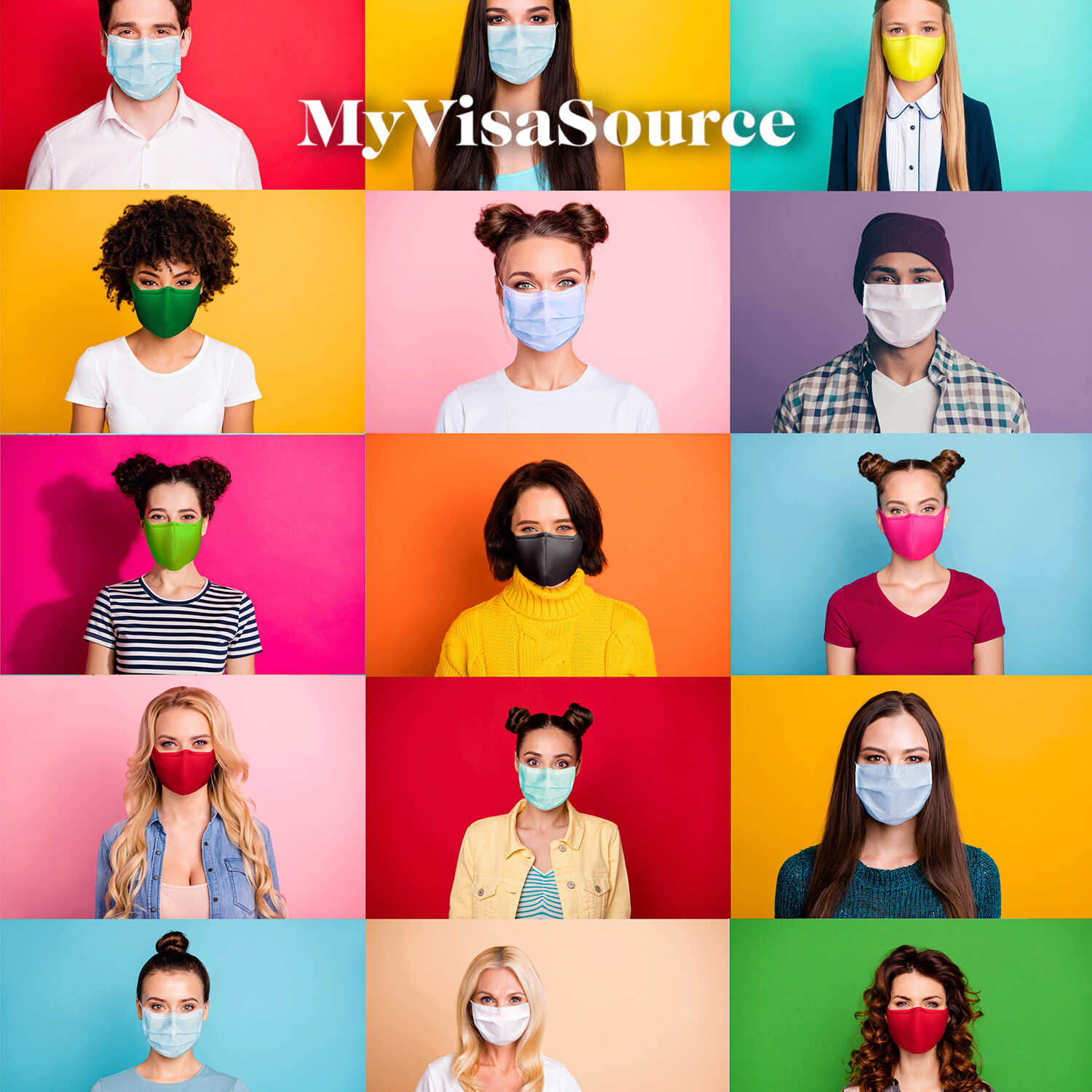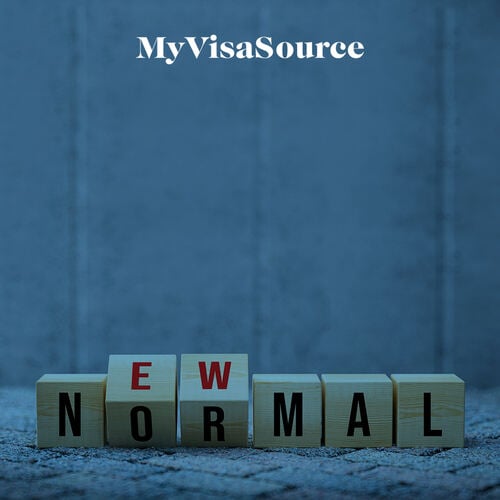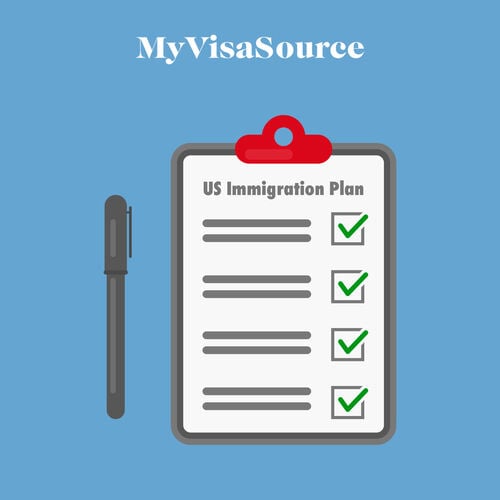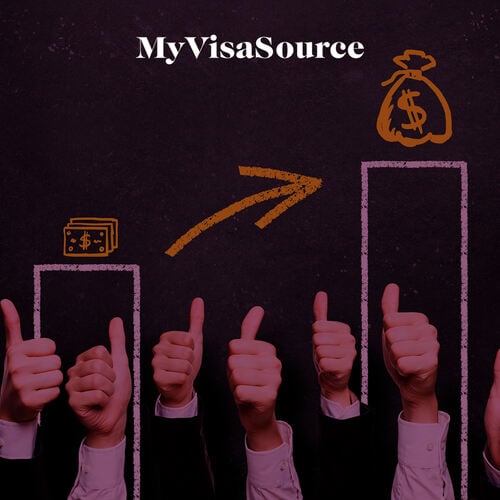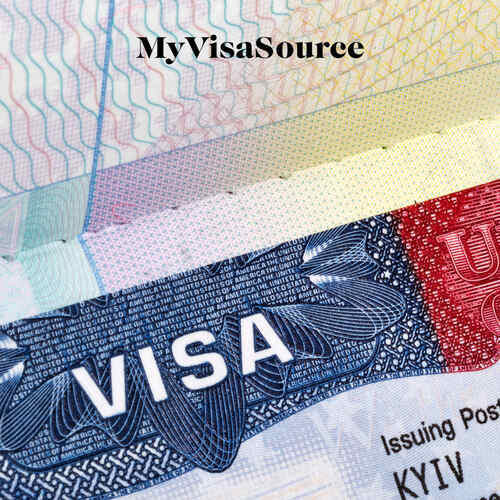Many countries around the world are advocating for the use of vaccine passports to ensure the safe return of international travel. Vaccine passports provide documentation as to whether a person has been vaccinated against the Covid-19 virus or has recently tested negative.
With the implementation of vaccination drives in several countries, many administrations are considering using a Covid-19 passport before allowing people to cross the border or take public transportation or even participate in a public event.
What Is a Covid Passport and How Would It Work?
A Covid passport could be any form of certificate or document that shows whether the person is fully vaccinated or has tested negative. These passports can be implemented both nationally and internationally. However, they are also raising various technical, ethical and legal concerns.
A vaccination passport is nowhere near a new concept. Certain countries require travelers to be vaccinated against certain diseases before allowing them to enter. However, given the recent environment, there has been huge support for making such vaccine passports available on a digital platform which has also given rise to various privacy and data protection concerns since it involves sensitive data about public health and private individuals.
That is not to say that some version of a Covid passport isn’t already implemented. Many countries have implemented or are considering implementing Covid passports domestically. For example, in Israel, people require a “Green Pass” to visit certain premises or events, in Mainland China, the government has implemented the “Green Health Code” for domestic travel and entry into certain premises.
Even the European Union (EU) is considering a “Digital Green Certificate” to resume traveling between member countries and abroad. However, the worldwide adoption of such a system still faces many challenges.
What Are the Challenges Facing the Implementation of a Covid Passport?
The foremost concern of implementing Covid passports is effectively verifying their authenticity. This requires the technology being used to be reliable and secure. It will be very difficult to connect various vaccination bodies to pool data and effectively verify if a Covid passport is authentic.
Medical institutions, pharmaceutical companies and regulatory authorities, all need to be in the mix to verify the authenticity of a Covid passport. And it is not difficult to get a fake one since there have already been reports of hundreds of fake CDC vaccination cards being sold on websites like eBay.
Also, many people have data privacy and safety concerns with using such digital platforms. Last year, many countries introduced tracking apps to keep track of travelers coming into the country. Based on how different countries managed such apps, this has raised many concerns about the centralization of such information. However, since the information contained in Covid passports is different from tracking apps, data privacy may be enhanced by limiting the scope of information and using a decentralized platform.




